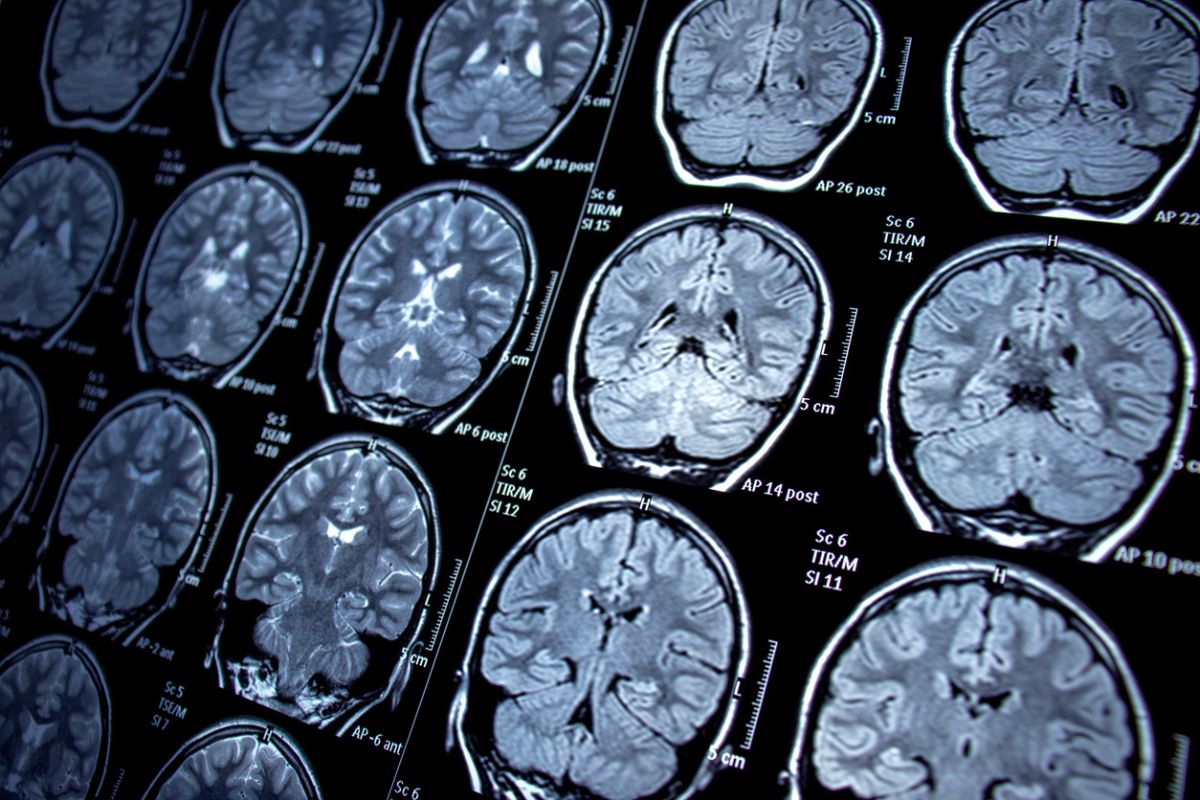Sometimes a drug designed to treat one condition demonstrates unexpected benefits for treating another condition. That’s why a new The Journal of Clinical Psychiatry study exploring the use of antihypertensive medications to treat PTSD is so intriguing.
Unexpected Benefits
The researchers collected data from over 1.4 million people who had experienced trauma between 1994 and 2016 in the Danish national registries and examined the incidence of PTSD over a 22-year period. The Boston University-led study focused on four classes of antihypertensive drugs: beta-adrenoceptor blockers, angiotensin II receptor blockers, angiotensin-converting enzyme inhibitors, and calcium channel blockers.
Calcium channel blockers were the only ones associated with a decreased incidence of PTSD. The other classes of antihypertensive drugs had no significant effect. Specifically, individuals who filled a prescription for calcium channel blockers within 60 days before their trauma had a 37 percent lower risk of developing PTSD compared to those who didn’t take this kind of medication.
How The Drugs May Work
The renin-angiotensin system (RAS) is a hormonal system that regulates blood pressure and fluid balance in the body. It activates in response to stress and can contribute to the release of stress hormones such as cortisol and adrenaline. Angiotensin II, a key component of the RAS, also increases the levels of calcium ions in the brain cells that cause damage to the mitochondria during times of stress. This damage can lead to inflammation and oxidative stress, which have been linked to the development of PTSD.
Calcium channel blockers may have a protective effect on the brain by dampening RAS activity as well as blocking the entry of calcium ions into cells. The researchers suggested that in addition to lowering blood pressure, this process might also have a protective effect against stress on the brain.
The study provides some initial insights into the potential benefits of antihypertensive medications in reducing the incidence of PTSD. But the authors said that they want a better understanding of the underlying mechanisms before they’d recommend calcium channel blockers as a treatment for PTSD. They also noted that the study only examined individuals who had experienced trauma. So, their findings don’t necessarily apply to the general population.
IN OTHER PSYCHIATRY AND NEUROLOGY NEWS THIS WEEK
- For years, the National Institute of Mental Health has prioritized basic research over clinical trials. Authors of a new paper say this has slowed down the development of new therapies for serious psychiatric conditions.
- A medical team diagnosed a young woman with acute-onset behavioral changes accompanied by psychosis and catatonia with NMDA receptor antibody encephalitis.
- Based on the high prevalence of the hepatitis C virus, experts say that mental health inpatients should be included in universal screening initiatives.
- Cholinesterase inhibitors significantly reduced the severity of delusions and hallucinations in patients with Alzheimer’s and Parkinson’s diseases.
- At least 36 psychologists signed a published comment challenging a recent “umbrella review” that disputes the link between serotonin and depression.
- The American Psychological Association annual meeting starts today. Follow along on social media:
What a way to start #APA2023! This morning’s inspiring Presidential Opening Session with @drthema, @ArthurCEvans, @RepKweisiMfume, @JaiyaJohn, and @SHoney73 set the tone for an amazing three days. pic.twitter.com/MstlL8hjTa
— American Psychological Association (@APA) August 3, 2023
NEW AT CME INSTITUTE
Click to earn free accredited CME credit.


